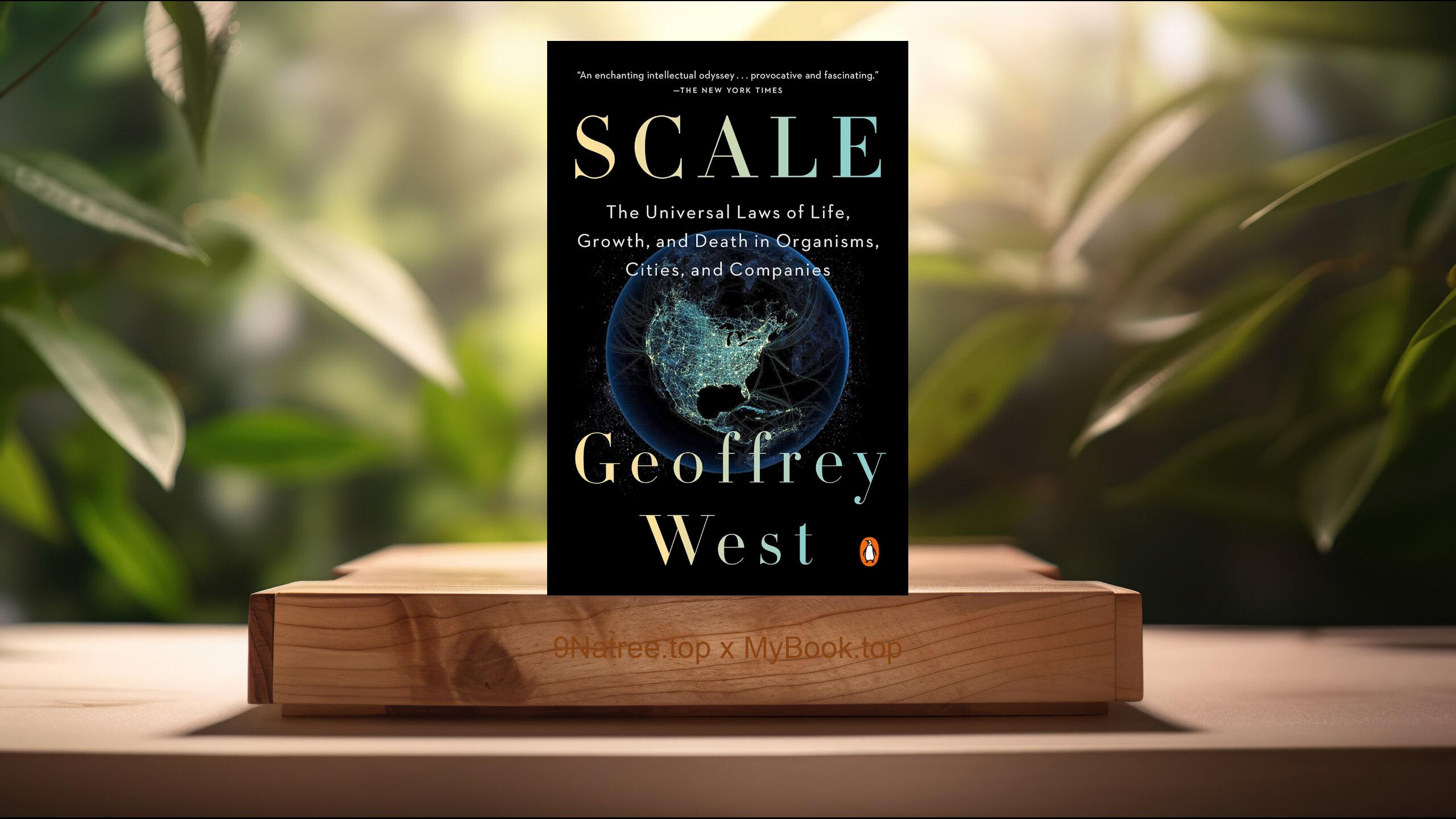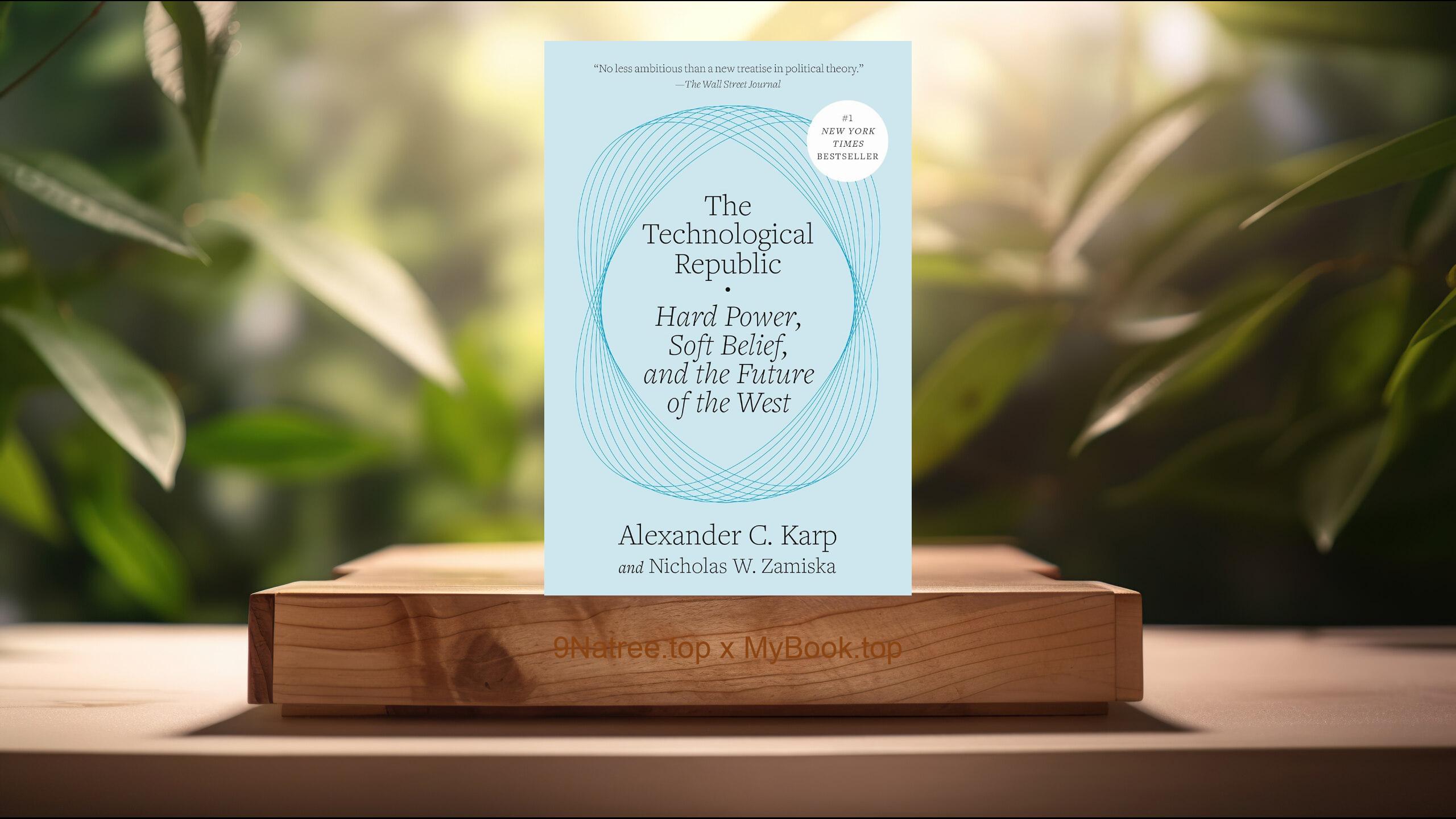Show Notes
- Amazon USA Store: https://www.amazon.com/dp/B08ZMDBWFM?tag=9natree-20
- Amazon Worldwide Store: https://global.buys.trade/Seven-Days-that-Divide-the-World%2C-10th-Anniversary-Edition-John-C-Lennox.html
- Apple Books: https://books.apple.com/us/audiobook/seven-days-that-divide-the-world-10th-anniversary-edition/id1583744021?itsct=books_box_link&itscg=30200&ls=1&at=1001l3bAw&ct=9natree
- eBay: https://www.ebay.com/sch/i.html?_nkw=Seven+Days+that+Divide+the+World+10th+Anniversary+Edition+John+C+Lennox+&mkcid=1&mkrid=711-53200-19255-0&siteid=0&campid=5339060787&customid=9natree&toolid=10001&mkevt=1
- Read more: https://mybook.top/read/B08ZMDBWFM/
#Genesisinterpretation #scienceandreligion #creationvsevolution #biblicalcreation #originsoflife #faithandsciencedialogue #intelligentdesign #cosmologyandtheology #SevenDaysthatDividetheWorld10thAnniversaryEdition
These are takeaways from this book.
Firstly, Historical Interpretations of Genesis, Lennox examines a historical range of Christian thought on Genesis, showing that interpretations have varied widely throughout history. Church fathers like Augustine, Origen, and Aquinas had nuanced understandings of Genesis, often highlighting symbolic interpretations rather than literal six-day creationism. By highlighting these historical perspectives, Lennox demonstrates that literal young-earth interpretations aren't the only faithful way to understand biblical creation. This historical survey emphasizes that the debate between science and faith is not new; rather, it stretches back through centuries of scholarly and theological discussions, underscoring the dynamic and complex nature of interpreting ancient texts. Lennox thoroughly details these varied interpretive stances shown throughout Christian history, emphasizing the importance of humility and intellectual flexibility when addressing contemporary scientific developments.
Secondly, Genesis and the Scientific Method, John Lennox strategically presents the power and limitations of scientific inquiry, explaining that while science provides valuable insights into the mechanisms and timeline of the universe's formation, it does not inherently conflict with the spiritual or philosophical truths presented within scripture. Lennox clearly differentiates empirical and empirical methodologies from metaphysical and theological truths. He argues that the perceived conflict between Genesis and modern science frequently arises from misunderstanding what science and scripture can and cannot communicate. Instead, he promotes an approach that respects science's ability to explain how things happen while allowing scripture to address the whys of purpose, meaning, and human existence, effectively demonstrating how scientific methodology complements theological thought.
Thirdly, Interpreting the Days of Creation, A significant part of Lennox's argument revolves around the interpretation of the 'days' in Genesis 1. Lennox carefully presents several interpretations, such as literal 24-hour days, symbolic or metaphorical days, and the day-age or framework hypothesis, thoroughly discussing the linguistic and contextual elements that support these perspectives. Lennox challenges readers to consider the depth and complexity of Hebrew language terminology used in the creation account, showing linguistic flexibility regarding the term day ('yom'), which can mean an literal day, a time period, or an epoch. This nuanced explanation helps bridge scriptural teaching with solid scientific evidence regarding the earth's age and the universe's timeframe, reflecting Lennox's approach of building a harmonious understanding rather than conflict.
Fourthly, Intelligent Design and Evolutionary Theory, In addressing intelligent design and evolution, Lennox delves deeply into one of the most sensitive issues dividing science and theology. He critiques both overly rigid scientific naturalism—which excludes any possibility of supernatural influence—and rigid literalism, which dismisses widely accepted evolutionary biology and paleontological evidence. Lennox promotes a balanced viewpoint, granting legitimacy to evolutionary mechanisms as a valid scientific theory while emphasizing that evolutionary explanations alone do not preclude the possibility of an intelligent designer. He argues persuasively that acknowledging scientific evidence for evolution need not lead to atheism and that scientific discovery itself can be seen as uncovering evidence of purposeful design and creativity by a rational, intelligent creator.
Lastly, Reconciling Faith and Science in Contemporary Society, Lennox concludes his exposition by addressing practical considerations for believers today, offering guidance on how Christians can relate science to their faith constructively. He encourages a robust intellectual approach that neither rejects faith due to science nor dismisses science because of doctrinal commitment. He insists on a mindset rooted in respect for truth, intellectual honesty, and the acknowledgment that science and faith both aim to reveal truth in complementary rather than contradictory ways. Lennox illustrates that a dialogue-based, respectful approach toward contrasting viewpoints promotes richer understanding. By engaging in these thoughtful and respectful discussions, Lennox provides a strategy that allows faith and science to strengthen each other, resulting in enriched understandings of both the natural world and spiritual life.
![[Review] Seven Days that Divide the World, 10th Anniversary Edition (John C. Lennox) Summarized](https://episodes.castos.com/660078c6833215-59505987/images/2054549/c1a-085k3-0vkw3njdbogr-nzmsn3.jpg)




